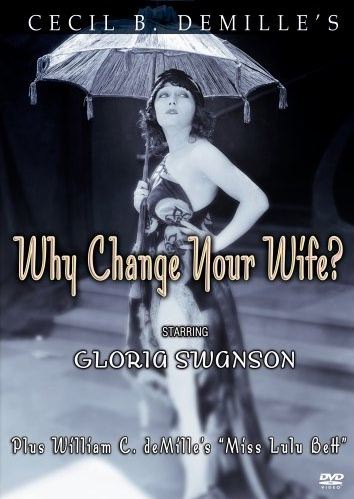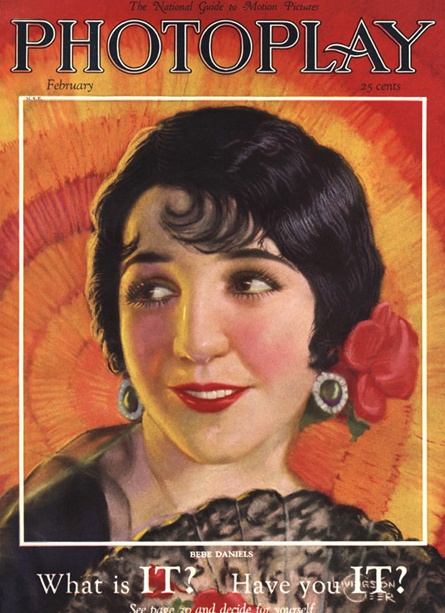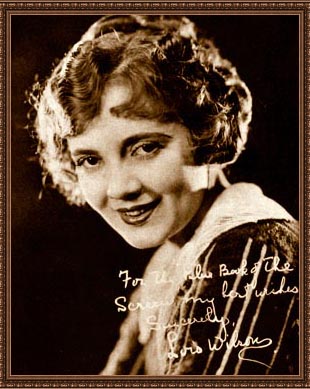
Cecil B. had a brother William who also directed films. There's a
recent DVD release which pairs two films by the brothers — Why Change
Your Wife? (from 1920) by C. B. and Miss Lulu Bett (from 1921) by
William. The first is a bit of star-powered fluff, the second is a
small masterpiece.
The story of Why Change Your Wife? is a trifle, a domestic comedy that
lurches disconcertingly into melodrama at its climax. It retails the
sort of platitudes about marriage that are familiar from second-rate
comic strips and sit-coms. A wife turns into a nag after marriage —
her judgmental and prudish ways send her husband into the arms of
another woman. Divorce ensues, the man marries the other woman and
discovers that she's just as annoying in her own way as his first wife,
who meanwhile has developed a more lighthearted attitude to life. The
ex's meet again, realize they've made a mistake — whereupon the new
wife conveniently proves her moral unworthiness in a crisis, justifying
a second divorce and the remarriage of the original couple, now grown wise.
There's nothing felt or carefully observed in the whole film, but it has
something that makes all of that irrelevant — wonderfully appealing
lead actors . . . Thomas Meighan, underplaying the long-suffering
husband with a good deal of charm, Gloria Swanson (above,) impossibly young and
girlish, impersonating the buttoned-up first wife, and Bebe Daniels (below,)
fresh and casual and funny as the second wife.

The film becomes an exercise in simply presenting the actors, the women
especially, as creatures to marvel at — their relationship to the
camera, to the medium of movies, is far more important than their
relationship to each other as characters in a story. Swanson and
Daniels incarnate movie glamor in a sweet and enchanting way and it
has an intoxicating effect. The effect wears off moments after the
movie ends but leaves you wanting more.

Lois Wilson, who plays the title character in William's film, is
something more and something less than a star. Her transformation from
drudge to romantic ingenue is far more complex and convincing than
Swanson's transformation from prude to vamp in Cecil's movie, requiring
a lot more art, and it's very moving. But it's anchored in the story —
you can't imagine her redeeming sheer fluff the way Swanson could, just
on the strength of her screen persona.
The domestic landscape of William's film also has a generic comic-book
air, but it's much more insightful about the real dynamics of a
dysfunctional family and therefore much more unsettling. There's
genuine sentiment and compassion in William's film, the sort of serious
regard for the importance and profundity of the domestic realm that you
find in Griffith's work, but it's entirely free of Griffith's
melodramatic clichés.
You might be
able to guess from watching these two films which of the DeMille
brothers would go on to the greatest commercial success in Hollywood as
it evolved in the Twenties, increasingly corporate and
star-oriented. Stars who can sell fluff are ultimately more
reliable, as a business proposition, than actors who can shine in fine
material expertly directed. Directors who understood and accepted
this basic economic truth were indispensable to the studio
system. Eighty-odd years on, when different fashions hold sway in
the marketplace, things look a bit different. Why Change Your Wife? is a delightful curiosity
— Miss Lulu Bett is a living work of art that can still touch the heart.
